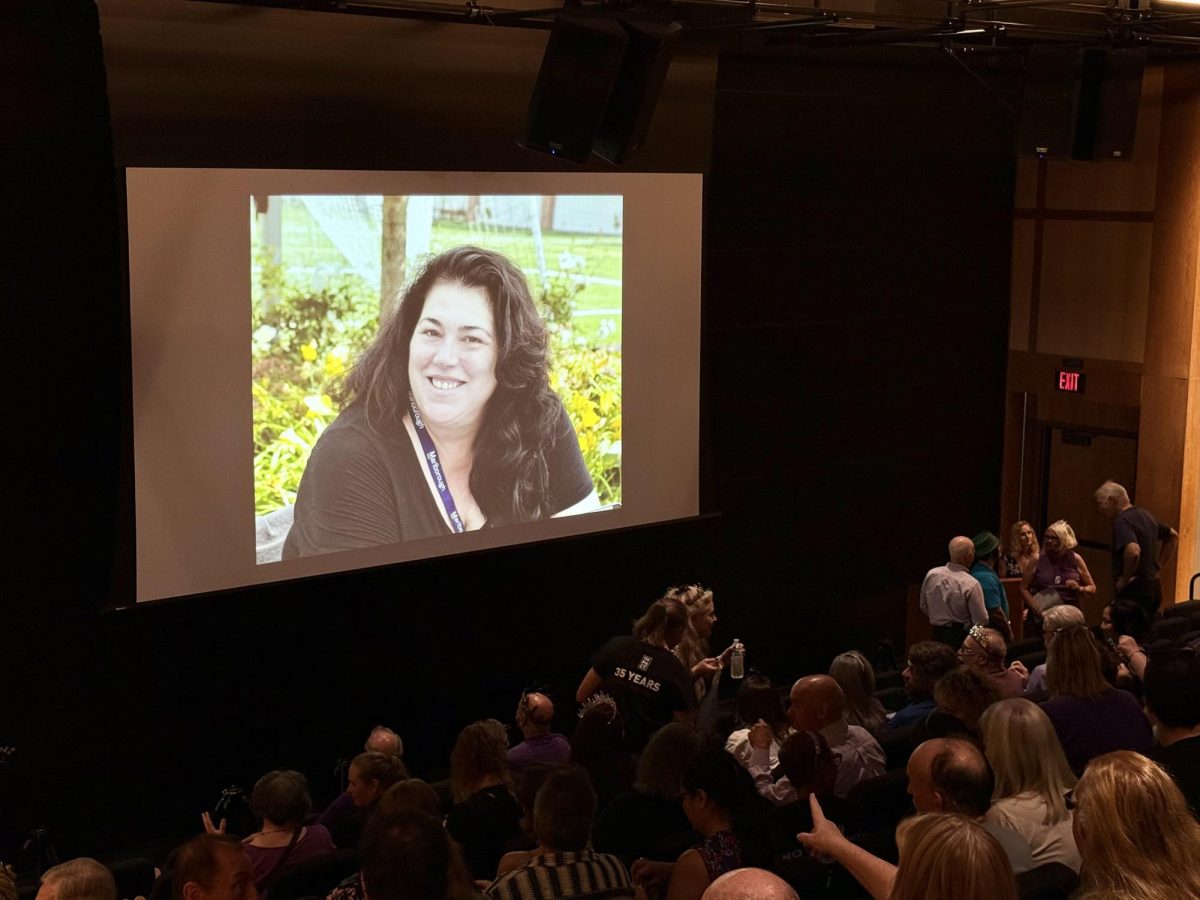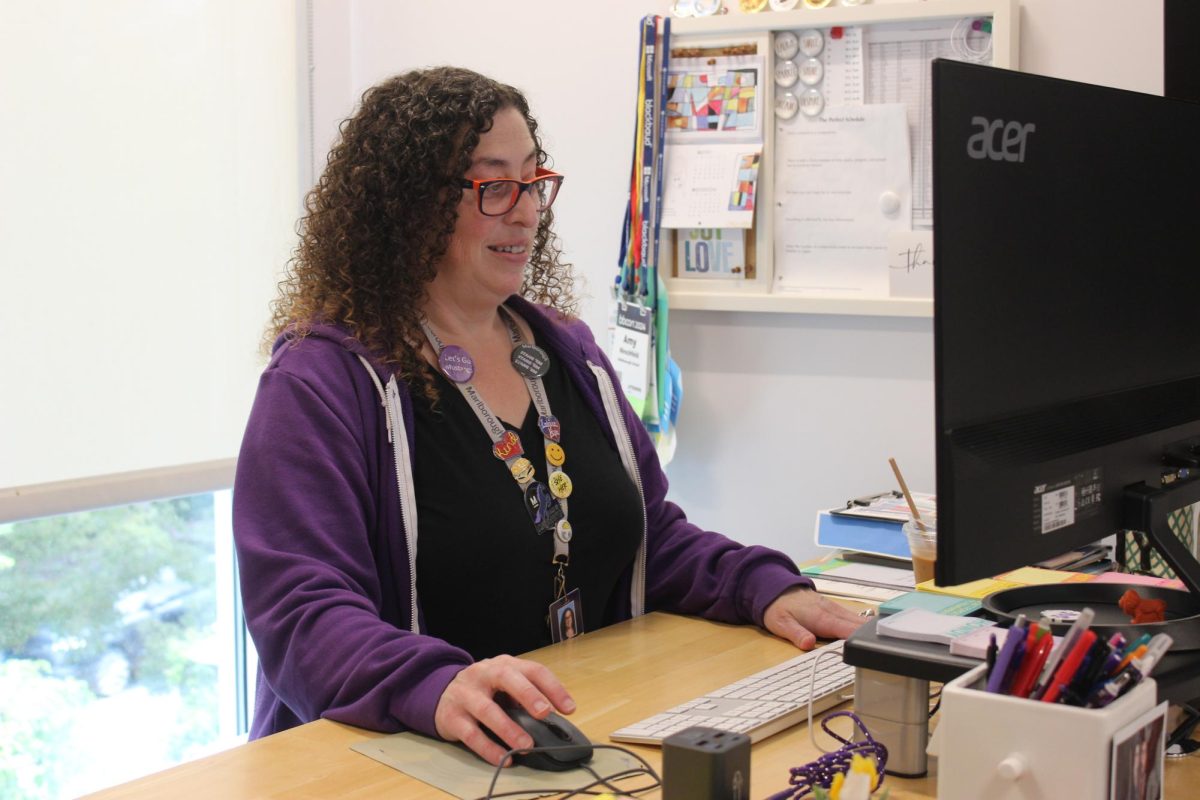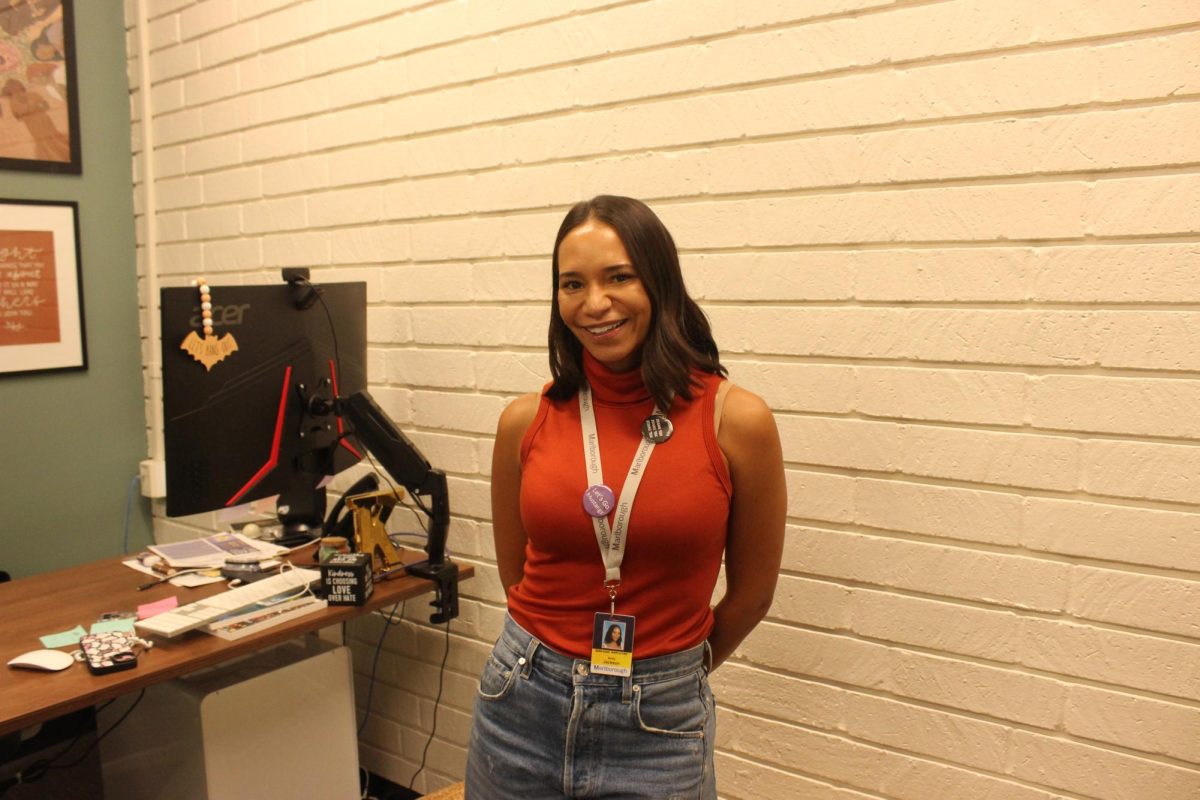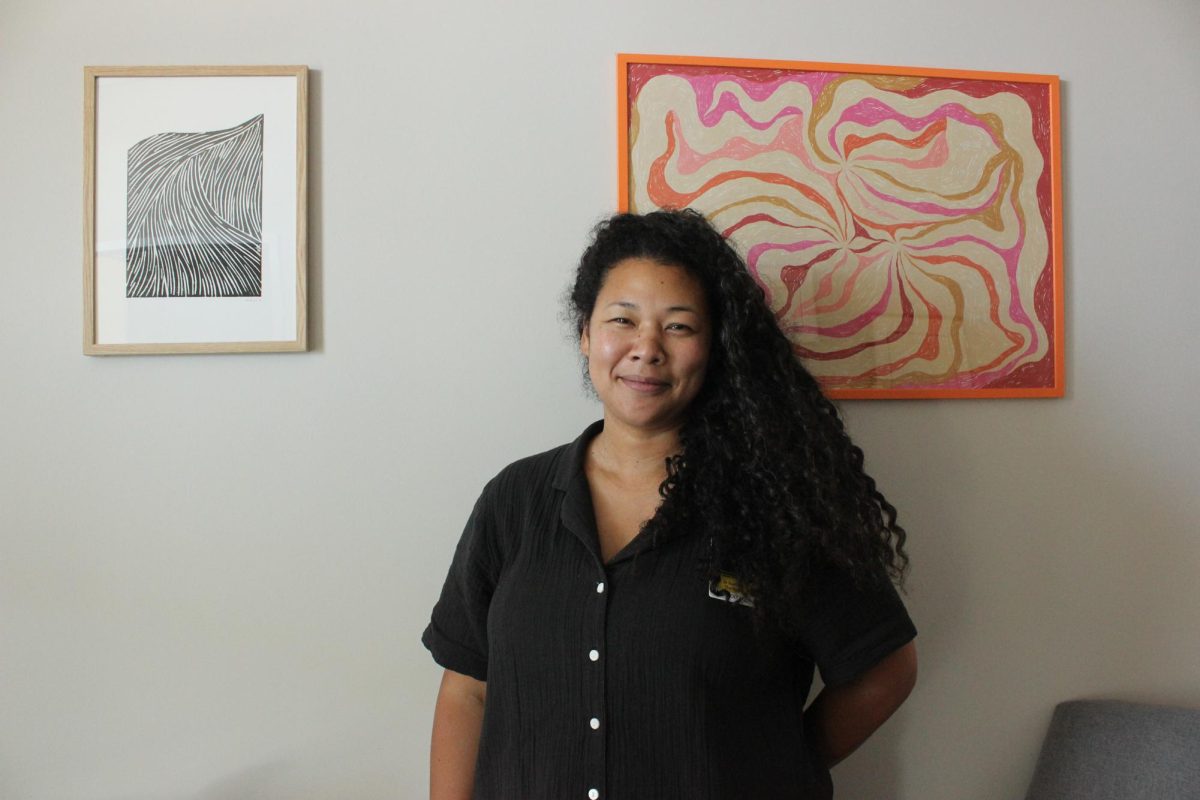
Science instructor Arleen Forsheit, Ph.D. will retire at the end of the 2011-2012 academic year after 23 years at the School, having taught Middle School biology, served as Science Department Head and Dean of Faculty and established the nationally-renowned Leonetti/O’Connell Family Honors Research in Science Program.
Forsheit’s greatest legacy will likely be the Leonetti/O’Connell Family Honors Research in Science Program, which she single-handedly created during the 1997-1998 school year after a series of conversations “with people around the country about what really engenders high interest in science beyond high school,” she said.
Each Honors Research student is paired with a mentor in a field related to her interests who guides her in a project researching a question the student develops herself. Past projects have studied issues ranging from the dynamics of bacteria during changing tidal conditions to the causes of the rise of a television station. Forsheit pairs students with mentors, advises them in their research and helps organize events, including the annual Mentor’s Dinner in February and Poster Presentation in the spring.
Over time, Honors Research grew exponentially, with more and more students looking into research opportunities. Almost 200 students have passed through the Honors Research Programs in the Sciences, Social Sciences, and Humanities, 59 in the past three years alone. Currently, 27 students are enrolled in Honors Research in the Sciences, Social Sciences, and Humanities Programs. Application numbers this year were the highest they had ever been, with a good deal of expansion in the Social Sciences and Humanities Programs, a newer branch of the program allowing students to experience research in fields other than the traditional clinical and laboratory sciences.
“I don’t think she anticipated the growth,” said science instructor Stacy Sjoberg, who has worked in the Science Department for 21 years with Forsheit. “She was always dedicated, [but] it’s been well beyond what we imagined or what she envisioned.”
Forsheit said that if she wished to continue teaching, she would remain at the School.
“There’s nowhere else that would be worth going [to],” she said.
The students she works with said they rely on her, drawing on her wealth of experience in scientific research. The night before Honors Research students needed to submit their papers to science competitions such as the Siemens Competition in Math, Science, & Technology, many bombarded Forsheit with calls to both her home and cell phones, according to Kathleen ’12, a senior in her second year as an Honors Research student at the House Research Institute, where she studies biofilms.
“She understands,” Kathleen said. “She’s known the joys and the hardships [of research], so she is able to connect.”
Although Forsheit is admired for paving the way for a more interactive and engaging science curriculum, as well as for being one of the first AP Biology teachers, science instructor Lisa Ellis said she will just miss Forsheit’s warmth and friendliness.
“The Department had a holiday party, so she made a batch of mulled cider. She is just the kind of person who would do something like that,” Ellis said.






